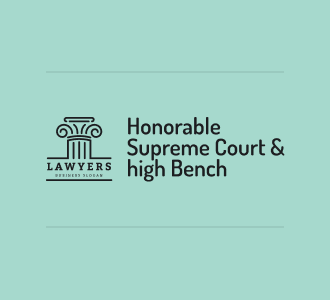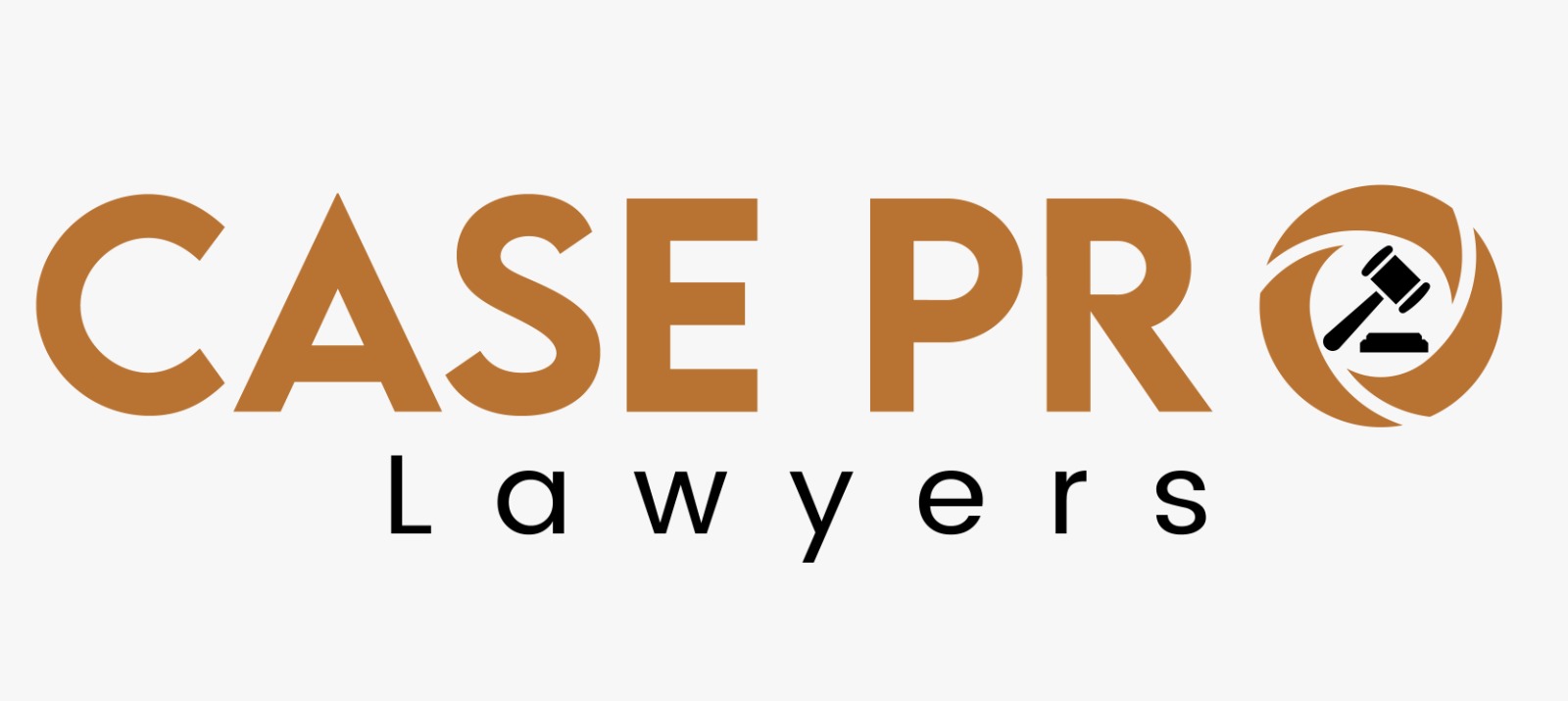Case Pro Practice Areas
Case Pro Practice Areas
Law Firm with relevant Case Studies!
Case Pro Lawyers demonstrate client acquisition & retention rates above average industry standards. Request a

Bankruptcy Law
Struggling with overwhelming debt can feel isolating, but you are not alone. At Case Pro Lawyers, we specialize in bankruptcy law, offering strategic legal solutions to help individuals and businesses regain financial stability. Whether you’re considering Chapter 7, Chapter 11, or Chapter 13 bankruptcy, our experienced attorneys provide personalized guidance to protect your assets, stop creditor harassment, and pave the way for a fresh financial start.
We understand that financial difficulties can be stressful, which is why we approach every case with empathy, discretion, and a commitment to your long-term success. Let us help you navigate the complexities of bankruptcy law with clarity and confidence. Your path to financial freedom begins here—schedule a consultation today.
Understanding the Legal Process
Bankruptcy law is a legal framework that governs the process by which individuals and businesses can seek relief from unmanageable debts. It provides structured procedures for debtors to either eliminate or reorganize their financial obligations while ensuring fair treatment of creditors. Bankruptcy law is designed to balance the interests of debtors needing a fresh start and creditors seeking repayment, all while maintaining economic stability.
Key Aspects of Bankruptcy Law
Types of Bankruptcy
Bankruptcy law primarily recognizes different types of bankruptcy filings, commonly referred to by their respective chapters under the U.S. Bankruptcy Code:
Chapter 7 (Liquidation Bankruptcy): This allows individuals or businesses to discharge most unsecured debts by liquidating non-exempt assets. A court-appointed trustee sells these assets to repay creditors.
Chapter 11 (Reorganization Bankruptcy): Primarily used by businesses, Chapter 11 enables companies to restructure their debts while continuing operations. It allows debtors to negotiate new repayment terms with creditors under court supervision.
Chapter 13 (Wage Earner’s Bankruptcy): Designed for individuals with a steady income, this chapter allows debtors to reorganize their debts into a manageable repayment plan, typically spanning 3 to 5 years.
Bankruptcy Process @ Case Pro
Filing a Petition: The debtor initiates bankruptcy by submitting a petition to the bankruptcy court, listing assets, liabilities, income, and expenses.
Automatic Stay: Once filed, bankruptcy law imposes an automatic stay, halting foreclosure, wage garnishment, creditor harassment, and collection lawsuits.
Meeting of Creditors (341 Meeting): The debtor must attend a meeting where creditors can ask questions about the debtor’s finances and bankruptcy petition.
Debt Discharge or Repayment Plan: In Chapter 7, eligible debts are discharged after asset liquidation. In Chapters 11 and 13, a court-approved repayment plan allows the debtor to pay creditors over time.
Legal Protections and Obligations
Debtor Protections: Bankruptcy law provides relief from overwhelming financial burdens, preventing aggressive collection actions and offering exemptions to protect certain assets.
Creditor Rights: While bankruptcy benefits debtors, it also ensures creditors receive fair repayment through asset liquidation, restructured payment plans, or prioritized debt settlement.
Court Oversight: Bankruptcy proceedings are governed by federal bankruptcy courts, which oversee the process to ensure compliance with laws and fair outcomes for all parties involved.
Impact of Bankruptcy
-
Credit Score Considerations: A bankruptcy filing negatively impacts credit scores, though it can provide a necessary reset for long-term financial stability.
-
Future Financial Opportunities: After bankruptcy, individuals and businesses may qualify for credit again after a period of financial responsibility and credit rebuilding.
-
Legal and Financial Consequences: Some debts, such as student loans, tax obligations, and child support, may not be dischargeable under bankruptcy law.
Conclusion
Bankruptcy law serves as a crucial safety net for those facing insurmountable financial distress. By offering structured pathways to debt relief, it allows individuals and businesses to rebuild and regain financial independence. Whether through asset liquidation, debt restructuring, or repayment plans, bankruptcy law provides a legal mechanism to reset financial obligations and create a sustainable path forward.


You are legally allowed to file for bankruptcy on your own (known as filing "pro se"), but bankruptcy law is complex. A mistake in filing could result in your case being dismissed or losing assets that could have been protected.
Yes. Once you file for bankruptcy, the automatic stay goes into effect, immediately stopping creditors from calling, suing, garnishing wages, or foreclosing on your home.
If you expect a tax refund, that money can be used to pay for legal fees before filing. Some states also allow you to use exempt assets (such as a small amount of cash or personal property) for legal fees.
Case Pro Lawyers offers payment plans, pro bono services, or in some cases allow you to work with legal aid organizations to help your case if you are with limited finances. We also allow fees to be included in a Chapter 13 repayment plan.
If you're struggling with overwhelming debt, facing foreclosure, wage garnishment, or constant creditor harassment, bankruptcy may be an option. A consultation with a bankruptcy attorney can help determine the best course of action for your specific situation.
It depends on the type of bankruptcy and your specific situation:
In Chapter 7, you may keep your house and car if they are exempt and you’re current on payments.
In Chapter 13, you can keep your assets as long as you continue making payments under the court-approved plan.
Not all debts are dischargeable. While bankruptcy can eliminate credit card debt, medical bills, and personal loans, certain debts cannot be discharged, including:
Student loans (except in rare cases)
Child support and alimony
Most tax debts
Court fines and criminal penalties
Bankruptcy can significantly lower your credit score, but it also provides a fresh financial start. While a Chapter 7 bankruptcy remains on your credit report for 10 years and a Chapter 13 for 7 years, many people begin rebuilding their credit within months after filing.
Chapter 7 usually takes 3 to 6 months from filing to discharge.
Chapter 13 lasts 3 to 5 years, as it involves a structured repayment plan.
Chapter 11 varies widely, depending on the complexity of the case.
Talk to a licensed lawyer – get your case reviewed and placed with the right attorney. Case Pro Lawyers and associates have the highest win rates in the industry. NO RECOVERY NO FEE

